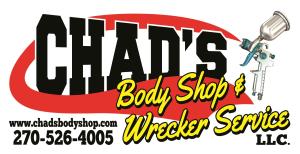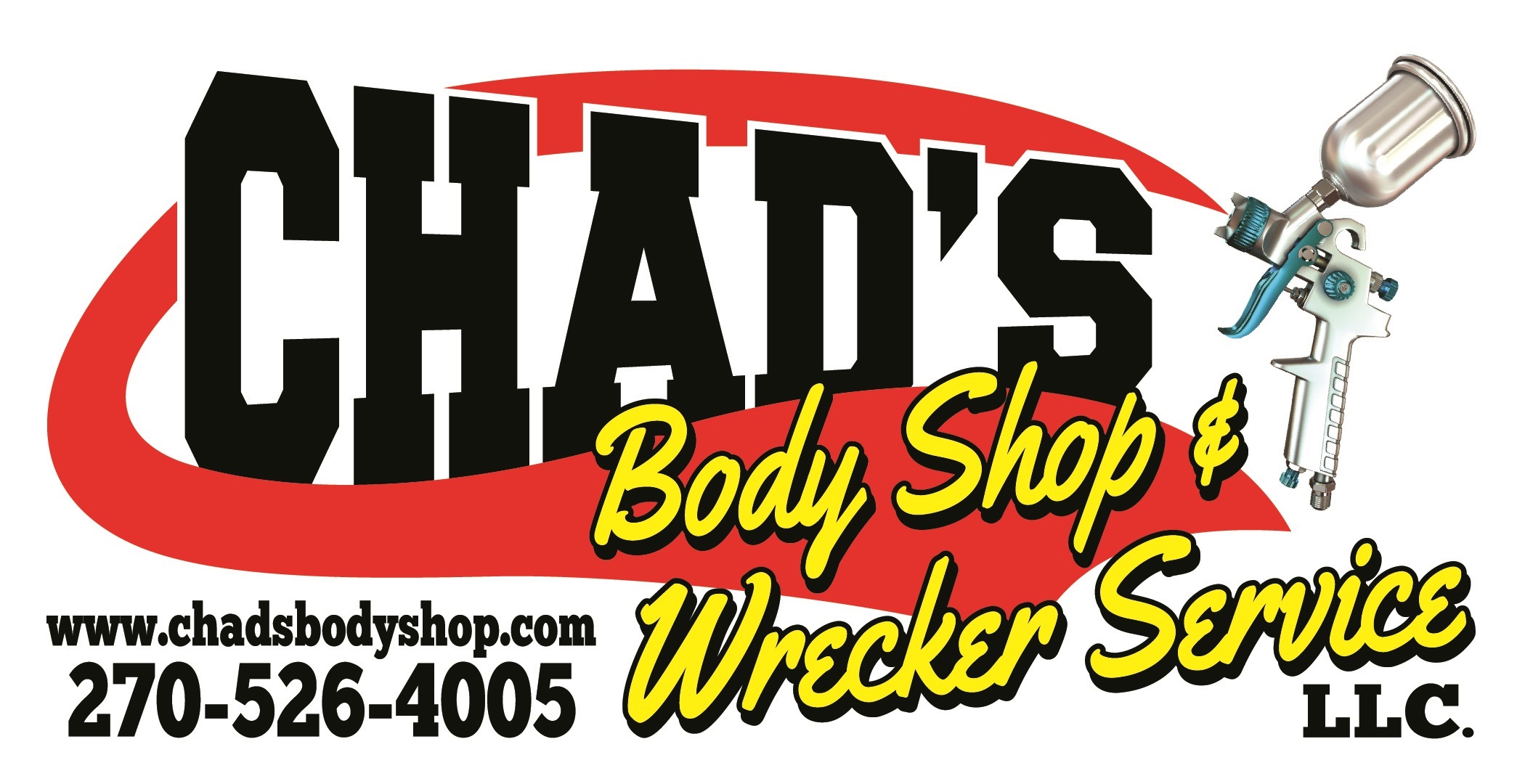Pharmaceuticals and Personal Care Products (PPCP’s)
Pharmaceuticals and Personal Care Products, often referred to as PPCPs, are products used by individuals for personal care or health reasons, or used by the agricultural industry to enhance the growth or health of livestock. PPCPs include prescription and over-the-counter drugs, veterinary drugs, fragrances, cosmetics, sunscreen products, diagnostic agents, and nutraceuticals (such as vitamins. PPCPs enter our environment through human activity (such as bathing, shaving, using lotion, or taking medication), illicit drug use, veterinary drug use (especially antibiotic and steroid use), the agriculture industry, and residues from pharmaceutical manufacturing and hospital use.
Research has shown that pharmaceuticals are present in some of our nation’s water bodies. According to the U.S. Environmental Protection Agency, over 100 individual PPCPs have been identified, in addition to antibiotics and steroids, in environmental samples and drinking water currently, sewage systems are not equipped to remove PPCPs. The risks to both humans and aquatic organisms are unknown.
Proper disposal of unwanted or unused pharmaceuticals can help safeguard our environment from PPCPs. Take advantage of pharmaceutical take-back programs. Check with local and state law enforcement agencies for specific dates and locations of programs near you.
Two National Prescription Drug Take-Back Days were offered in Fall 2010 and Spring 2011. Approximately 4,000 local and state law enforcement agencies through the U.S. participated and collected more than 309 tons of pills during the two Take-Back Days. In addition to take-back programs, also check with local and state waste management authorities for household hazardous waste collection programs that accept PPCPs. If no programs are available, contact your county Solid Waste Coordinator for information on proper disposal. And remember, always follow any specific disposal instructions that may be printed on the label or accompany patient information. Never flush unused medications down the toilet or pour them down the sink unless the medication’s label or accompanying patient information specifically instructs you to do so.
If there are no take-back or household hazardous waste collection programs available and if the medication label does not have specific disposal instructions then you can take the drugs out of the original container and mix with an undesirable substance, such as kitty litter or coffee grounds. By mixing with an undesirable substance, the medication will be less appealing to children and pets, and unrecognizable to individuals who may intentionally go through your trash. Place the items in a sealed bag or empty container with lid to prevent the medication from leaking or spilling out in a garbage bag. In addition, scratch out all identifying information on any prescription labels to protect your identity and personal health information. If you have any questions about proper disposal, contact your pharmacist.
For more information, contact the Butler County Extension Office at 112 East G L Smith Street, Morgantown or call 526-3767. Educational programs of the Kentucky Cooperative Extension Service serve all people regardless of race, color, age, sex, religion, disability, or national origin.
Source: Ashley Osborne, ENRI Task Force.
- Log in to post comments


























